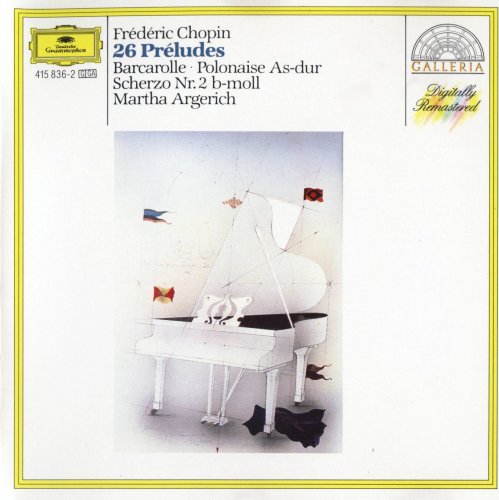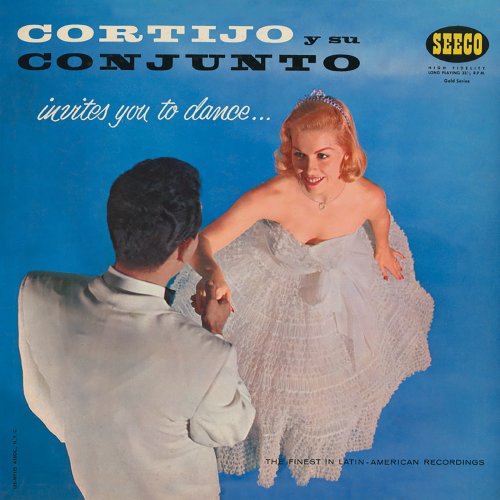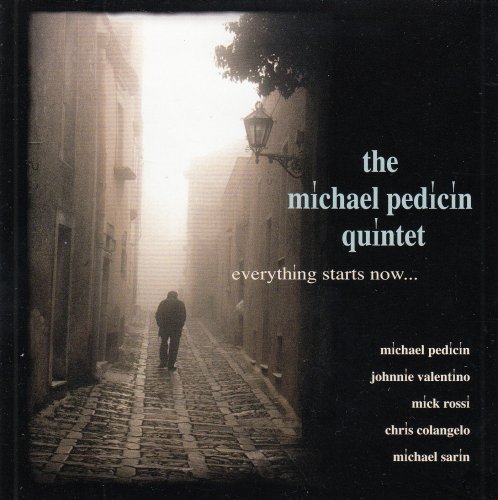Martha Argerich - Chopin: 26 Préludes (1987)

Artist: Martha Argerich
Title: Chopin: 26 Préludes
Year Of Release: 1987
Label: Deutsche Grammophon
Genre: Classical
Quality: FLAC (image+.cue,log,scans)
Total Time: 01:01:30
Total Size: 240 Mb
WebSite: Album Preview
Tracklist: Title: Chopin: 26 Préludes
Year Of Release: 1987
Label: Deutsche Grammophon
Genre: Classical
Quality: FLAC (image+.cue,log,scans)
Total Time: 01:01:30
Total Size: 240 Mb
WebSite: Album Preview
24 Préludes Op. 28
01. No. 1 C-dur 0:32
02. No. 2 a-moll 2:10
03. No. 3 G-dur 0:50
04. No. 4 e-moll 1:51
05. No. 5 D-dur 0:30
06. No. 6 h-moll 1:46
07. No. 7 A-dur 0:44
08. No. 8 fis-moll 1:29
09. No. 9 E-dur 1:30
10. No. 10 cis-moll 0:25
11. No. 11 H-dur 0:33
12. No. 12 gis-moll 0:58
13. No. 13 Fis-dur 2:44
14. No. 14 es-moll 0:28
15. No. 15 Des-dur 4:51
16. No. 16 b-moll 0:58
17. No. 17 As-dur 2:48
18. No. 18 f-moll 0:47
19. No. 19 Es-dur 1:04
20. No. 20 c-moll 1:32
21. No. 21 B-dur 1:34
22. No. 22 g-moll 0:32
23. No. 23 F-dur 0:43
24. No. 24 d-moll 2:14
25. Prélude cis-moll Op. 45 4:04
26. Prélude As-dur Op. Posth. 0:38
27. Barcarolle Fis-dur Op. 60 8:07
28. Polonaise No. 6 As-dur Op. 53 6:17
29. Scherzo No. 2 b-Moll Op. 31 8:51
Performers:
Martha Argerich - piano
This disc contains performances from Argerich at her most volatile and inspirational. The Preludes and the Scherzo dates from the 1970s and the remainder of the disc date from the 1960s. The whole program has been remastered and the sound thus achieved is no cause for concern. The performances themselves are from a time when Argerich was still in her youth and they give no quarter in terms of being emotionally super-charged. In the hands of lesser pianists some may describe these types of interpretations as impetuous but that suggests a lack of previous thought. In this case these performances, which are certainly emotionally driven and at white heat, betray no such casualness. Instead the impression gained is that of intense emotionalism intensely controlled.
The Preludes are delivered as if one sustained piece with very little pause between one and the next. Chopin wrote them all as a complete unit which was unusual for him. Most of his collected works as bought today (sets of Scherzi, Nocturnes, Impromptus, Mazurkas etc.) were written individually throughout his life and were never intended to be played as complete sets. The Preludes were different though and that is very much how Argerich plays them - as a stream of continuous inspiration.
In general terms there is an emphasis on forwardly moving tempi, some considerably faster than normal. This is most true when a faster piece follows on without any pause from the previous piece so that they become emotionally joined. This seems perfectly acceptable when so many of these preludes are so fragmentary and benefit by being so joined.
The Scherzo also receives a blistering performance and the Polonaise is played with equal drive but with the repetitive middle section still tightly controlled rhythmically so that there is no sense of destructive 'gabble.' These are fine performances. So too is the flowing performance of the Barcarolle, once more an individually refreshing concept.
This is a thrilling disc with a strong sense of improvisatory drive and displaying highly charged emotional responses. There are equally valid ways of playing this repertoire but none more convincing than this in its own way. Definitely not Chopin playing for the faint hearted!
The Preludes are delivered as if one sustained piece with very little pause between one and the next. Chopin wrote them all as a complete unit which was unusual for him. Most of his collected works as bought today (sets of Scherzi, Nocturnes, Impromptus, Mazurkas etc.) were written individually throughout his life and were never intended to be played as complete sets. The Preludes were different though and that is very much how Argerich plays them - as a stream of continuous inspiration.
In general terms there is an emphasis on forwardly moving tempi, some considerably faster than normal. This is most true when a faster piece follows on without any pause from the previous piece so that they become emotionally joined. This seems perfectly acceptable when so many of these preludes are so fragmentary and benefit by being so joined.
The Scherzo also receives a blistering performance and the Polonaise is played with equal drive but with the repetitive middle section still tightly controlled rhythmically so that there is no sense of destructive 'gabble.' These are fine performances. So too is the flowing performance of the Barcarolle, once more an individually refreshing concept.
This is a thrilling disc with a strong sense of improvisatory drive and displaying highly charged emotional responses. There are equally valid ways of playing this repertoire but none more convincing than this in its own way. Definitely not Chopin playing for the faint hearted!


![Joachim Lyche - Primal Heuristics (2026) [Hi-Res] Joachim Lyche - Primal Heuristics (2026) [Hi-Res]](https://www.dibpic.com/uploads/posts/2026-03/1772436217_cff801v4shrqy_600.jpg)


![Marcelo Callado - Brado (2026) [Hi-Res] Marcelo Callado - Brado (2026) [Hi-Res]](https://img.israbox.com/img/2026-03/05/adfw4sptct8h9asxk5azgqtx0.jpg)
![Clifford Brown - Oldies Mix: Brownie (Remastered) (2025) [Hi-Res] Clifford Brown - Oldies Mix: Brownie (Remastered) (2025) [Hi-Res]](https://img.israbox.com/img/2026-03/03/2kclmln8ho6kq4e7w6k0ouqcm.jpg)

![Amilton Godoy, Gabriel Grossi - Os Filhos de Villa (2026) [Hi-Res] Amilton Godoy, Gabriel Grossi - Os Filhos de Villa (2026) [Hi-Res]](https://img.israbox.com/img/2026-03/04/8iszlwylc8acf0ahslw15abks.jpg)